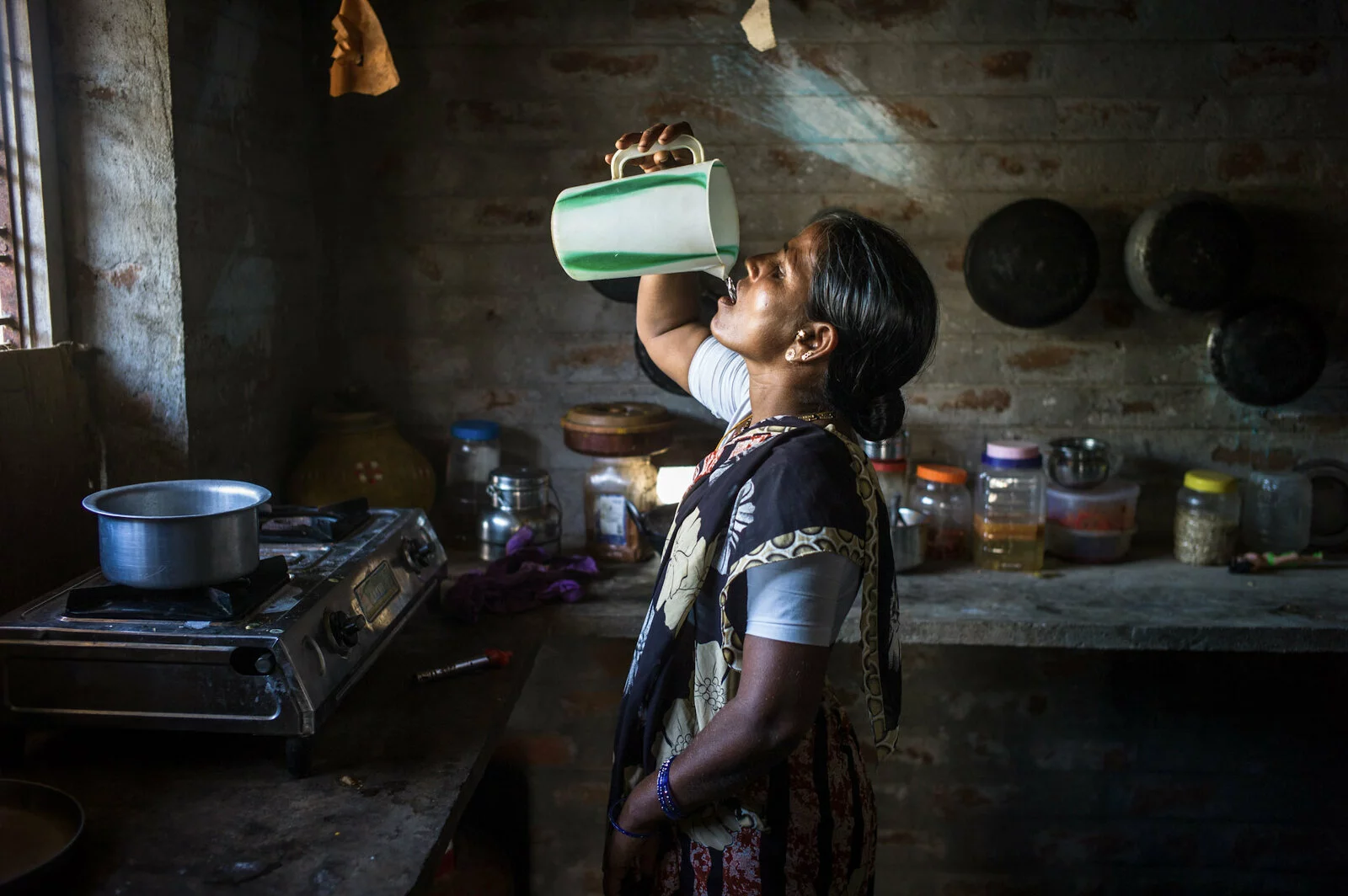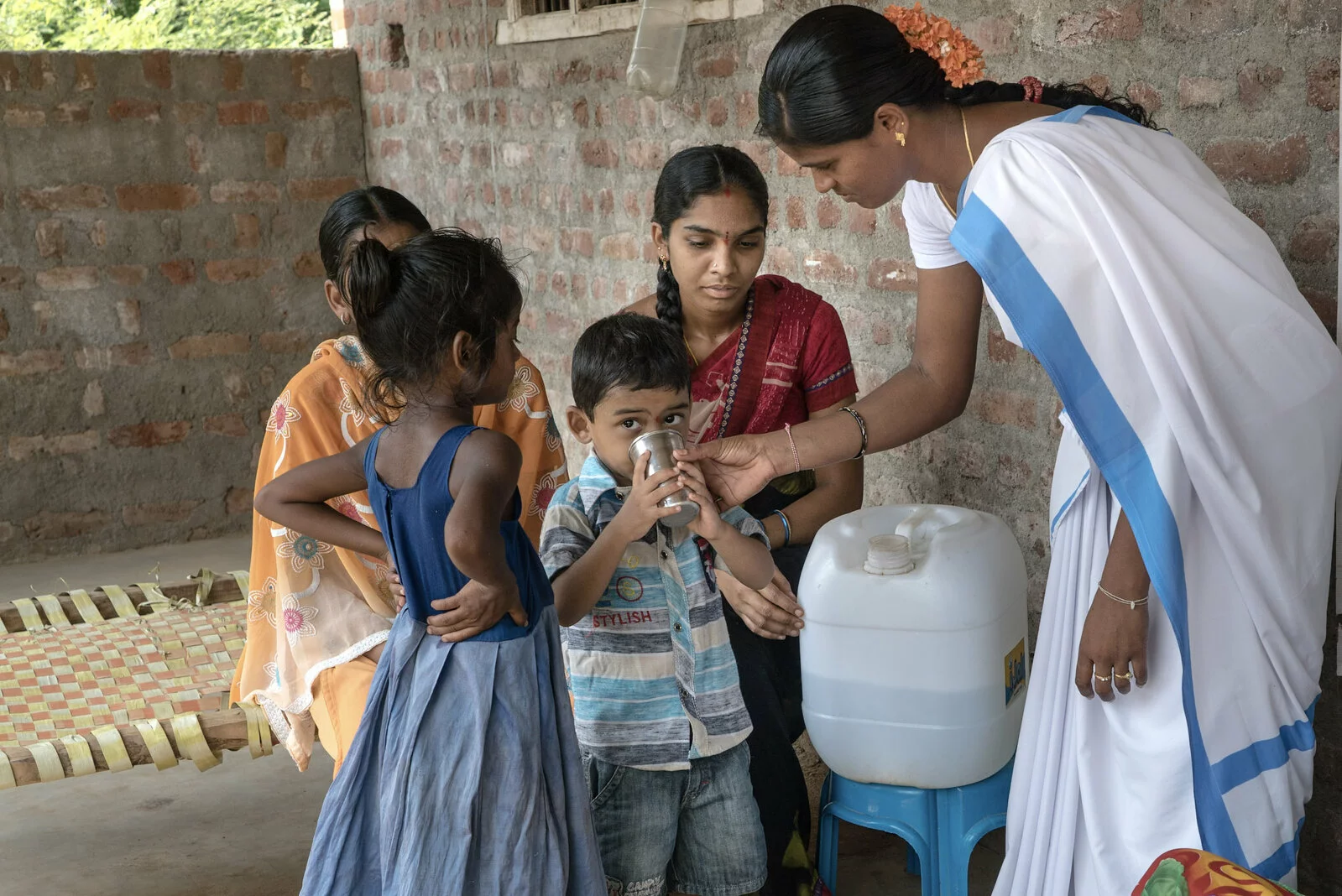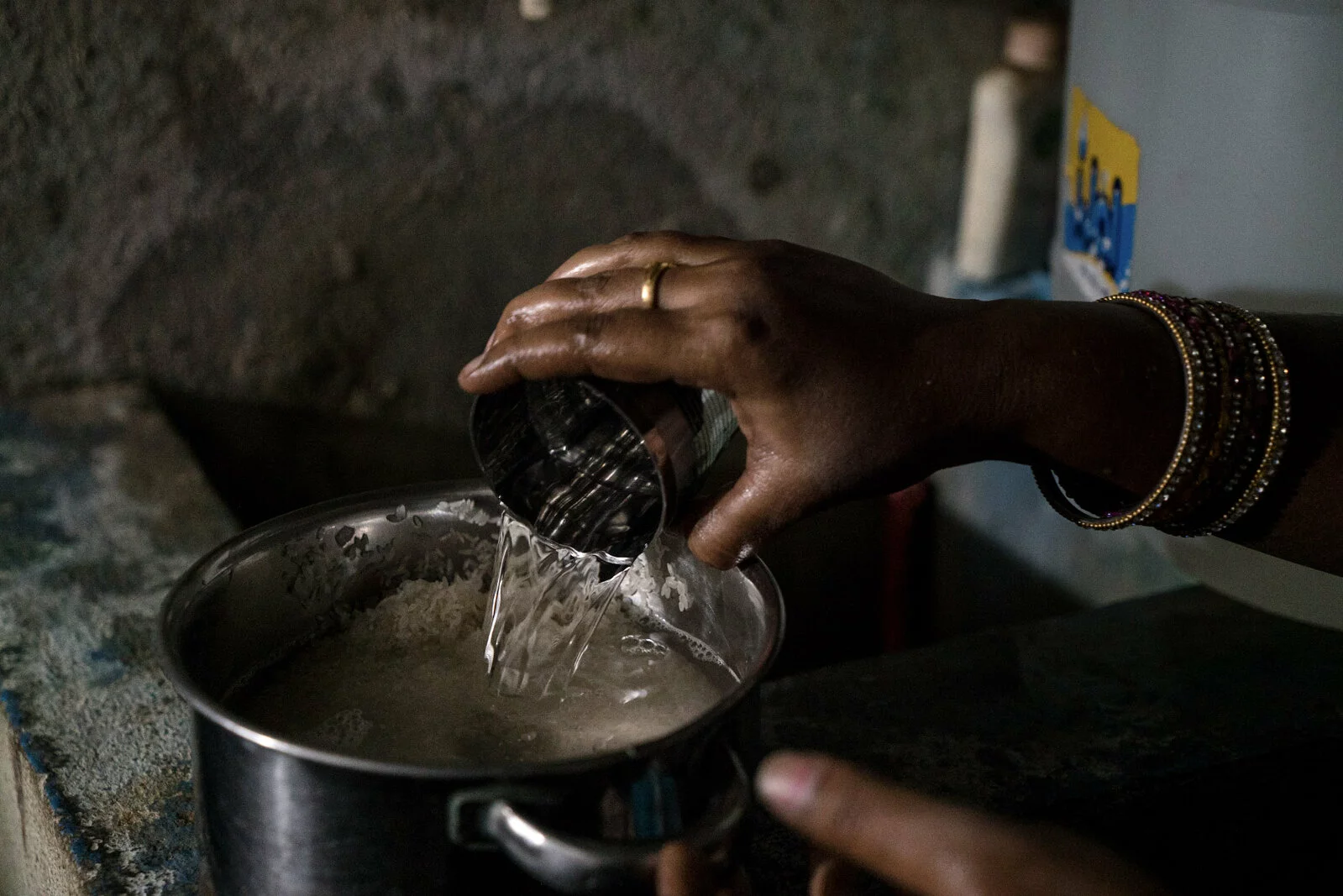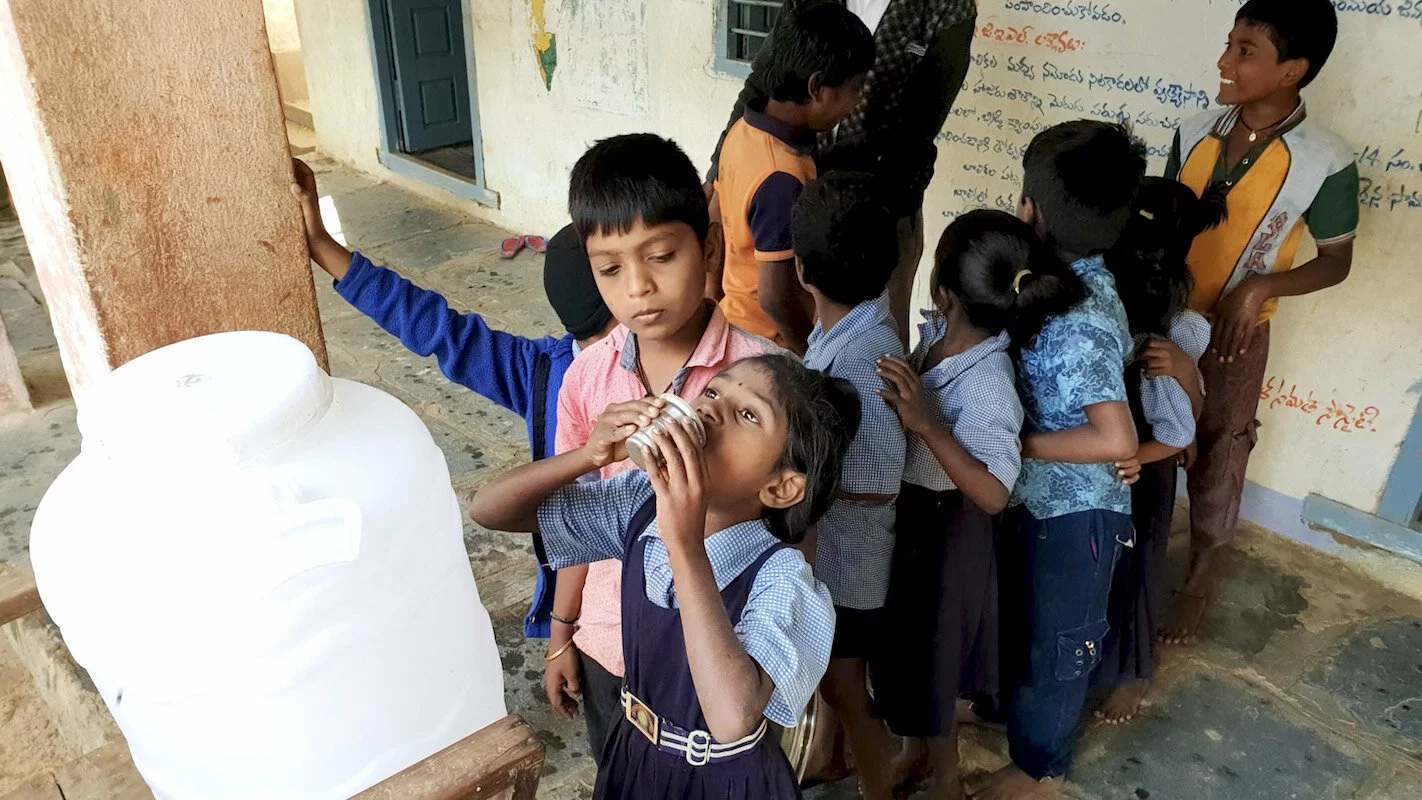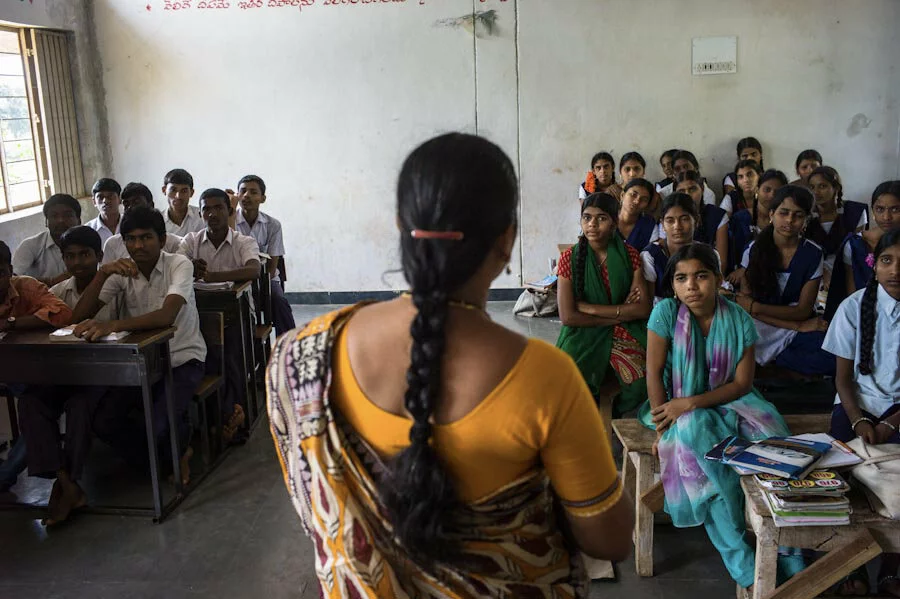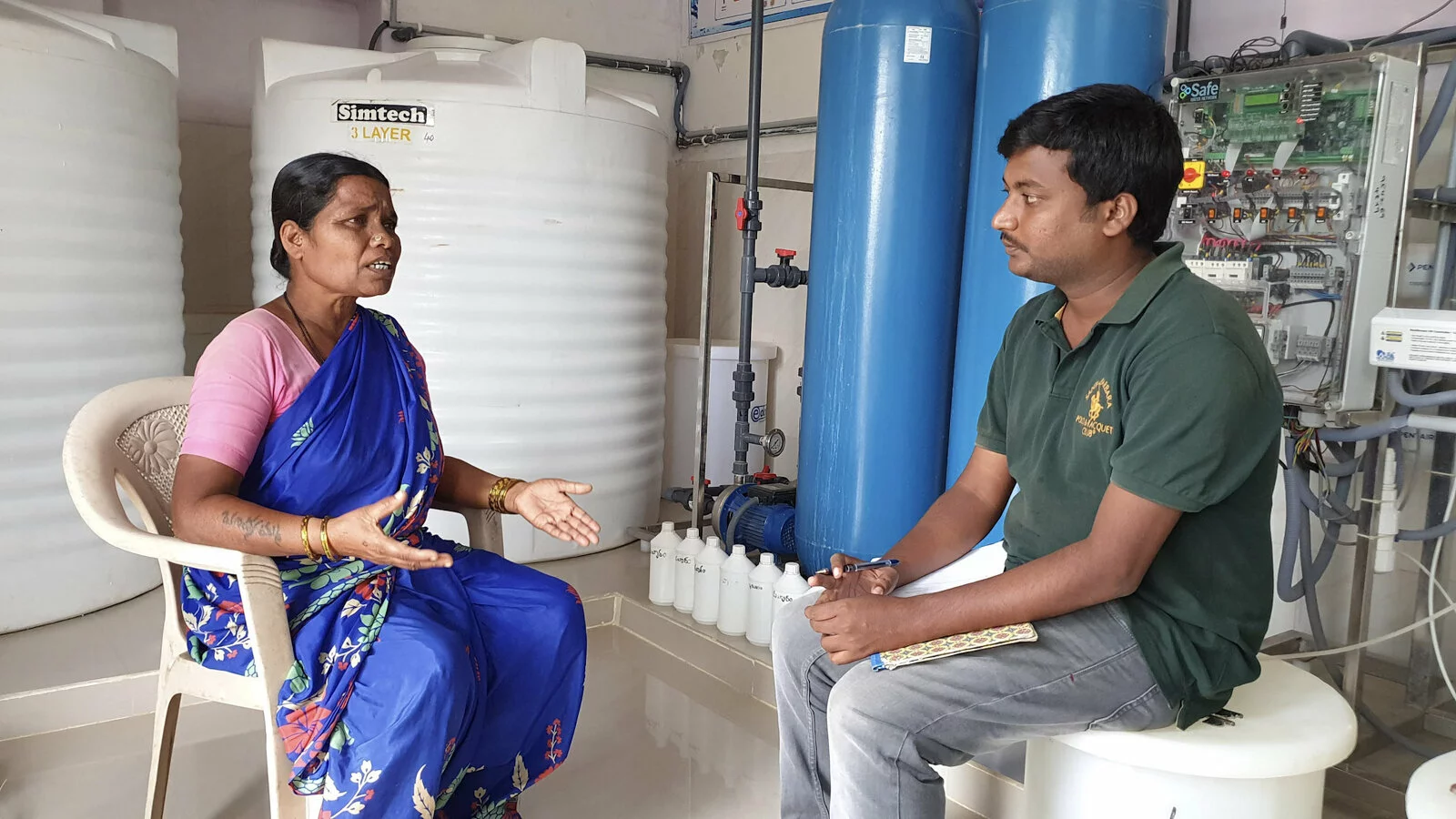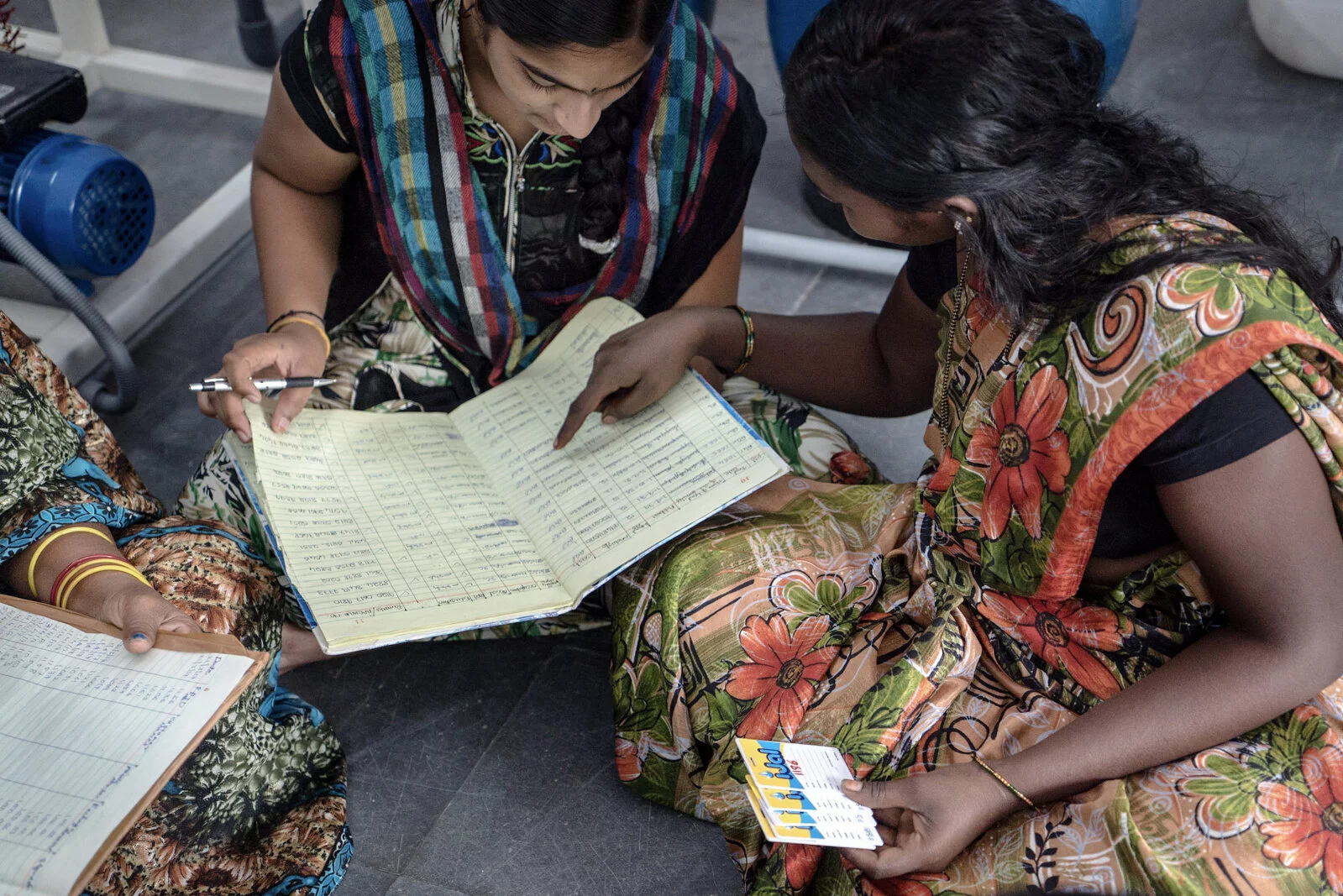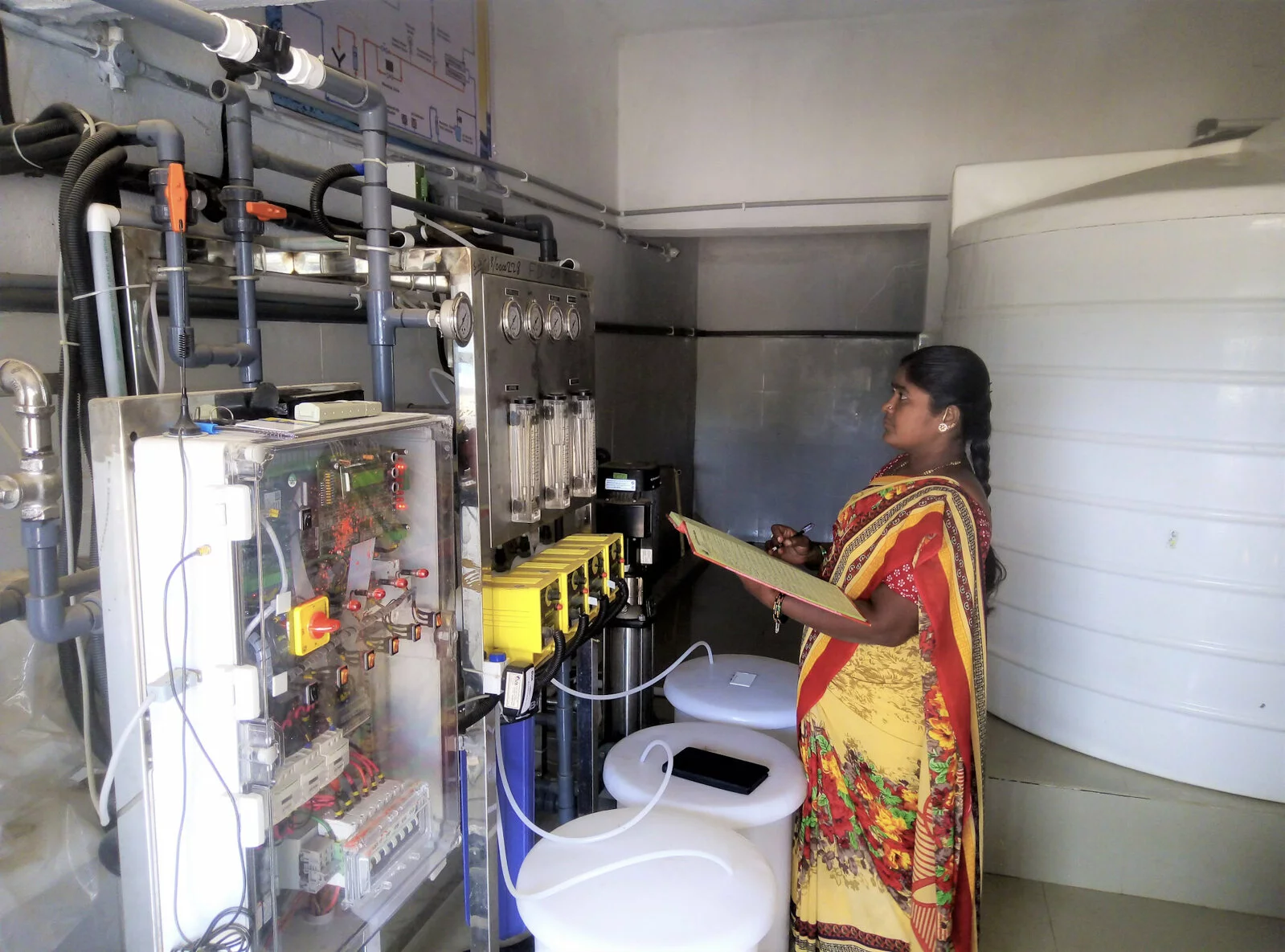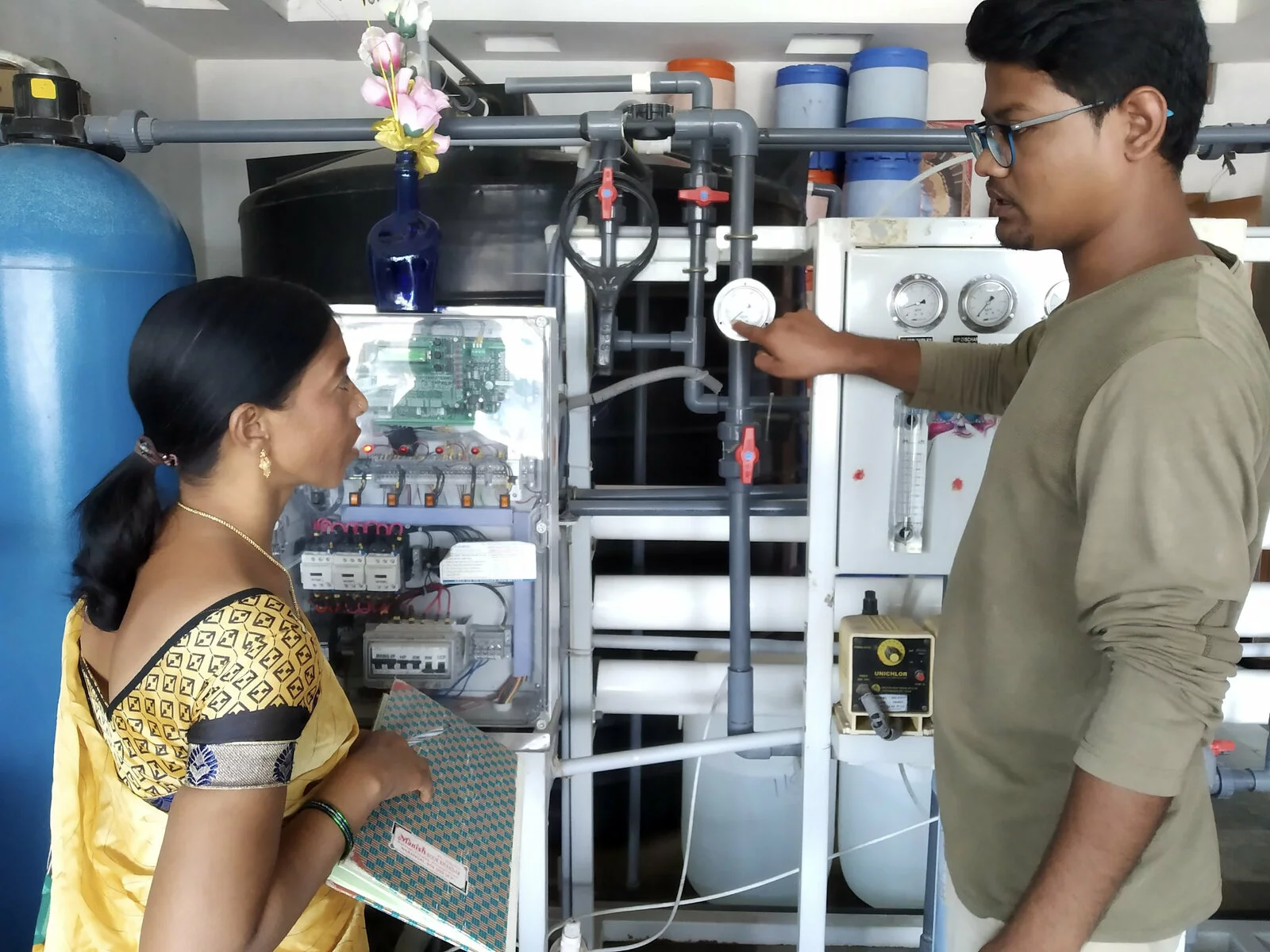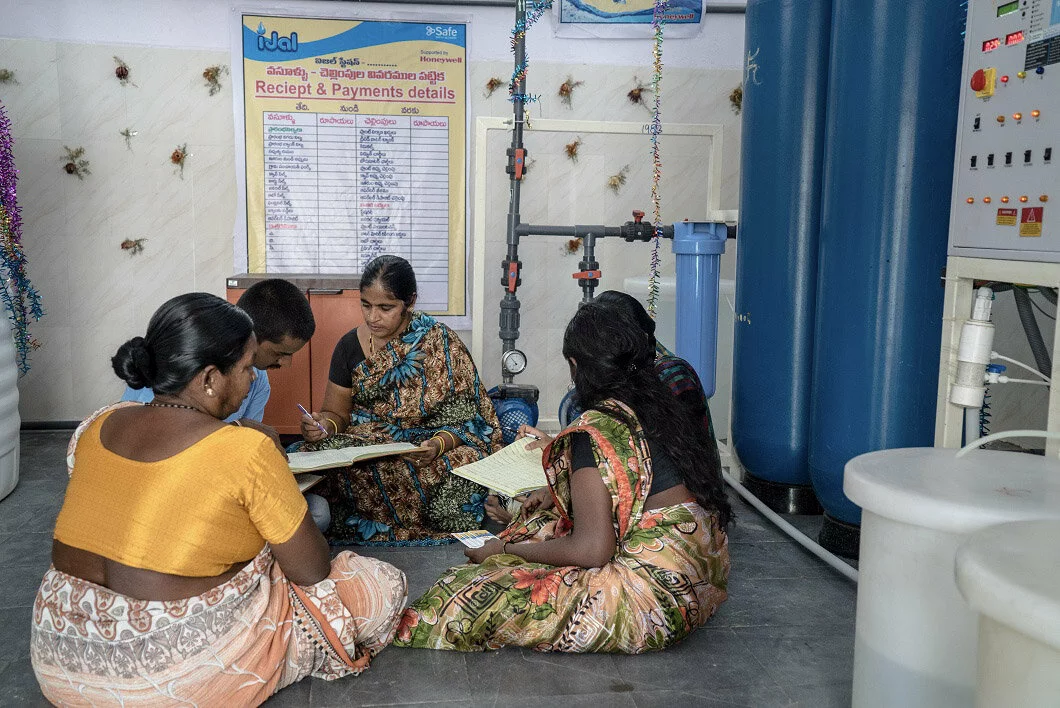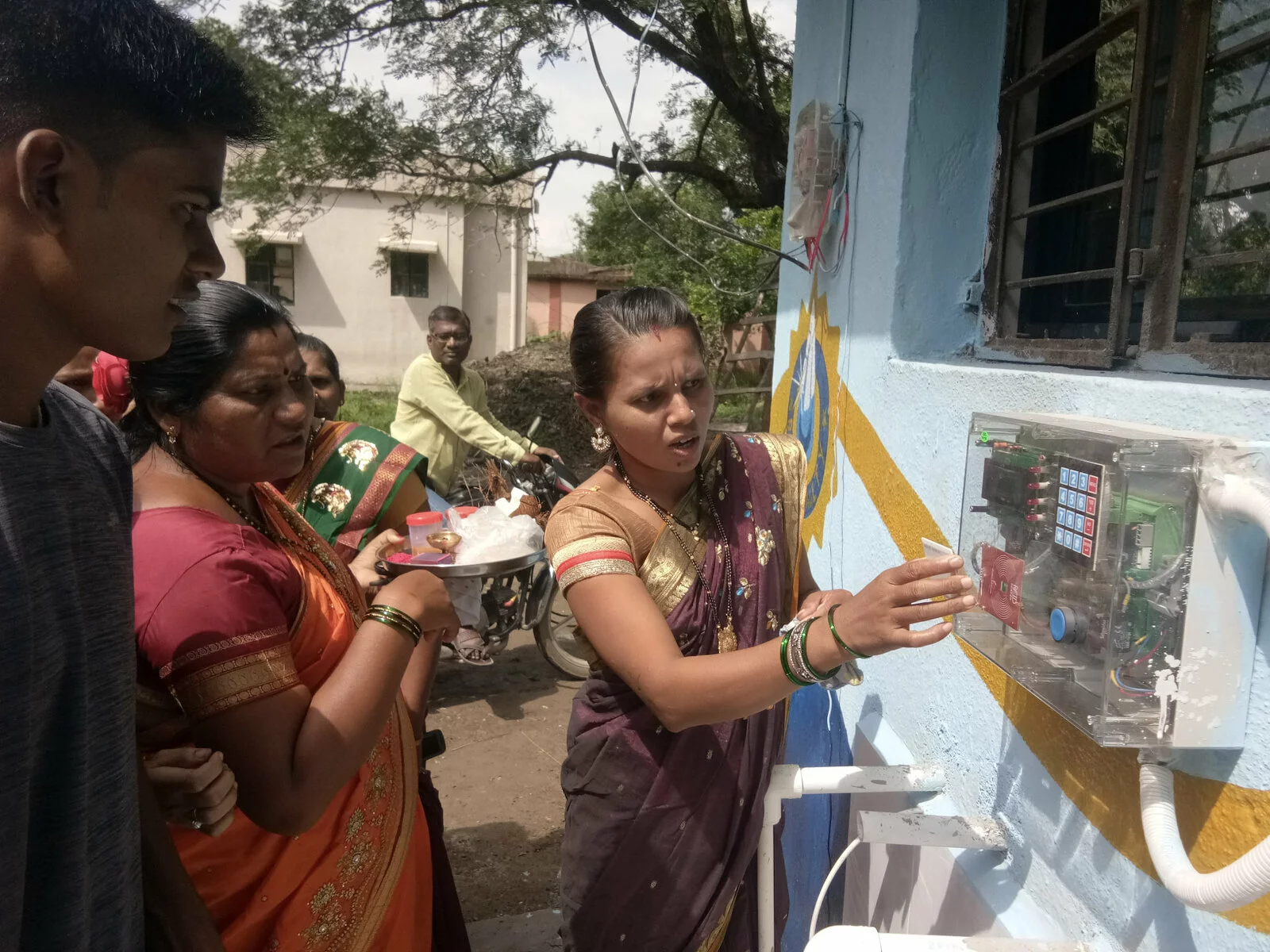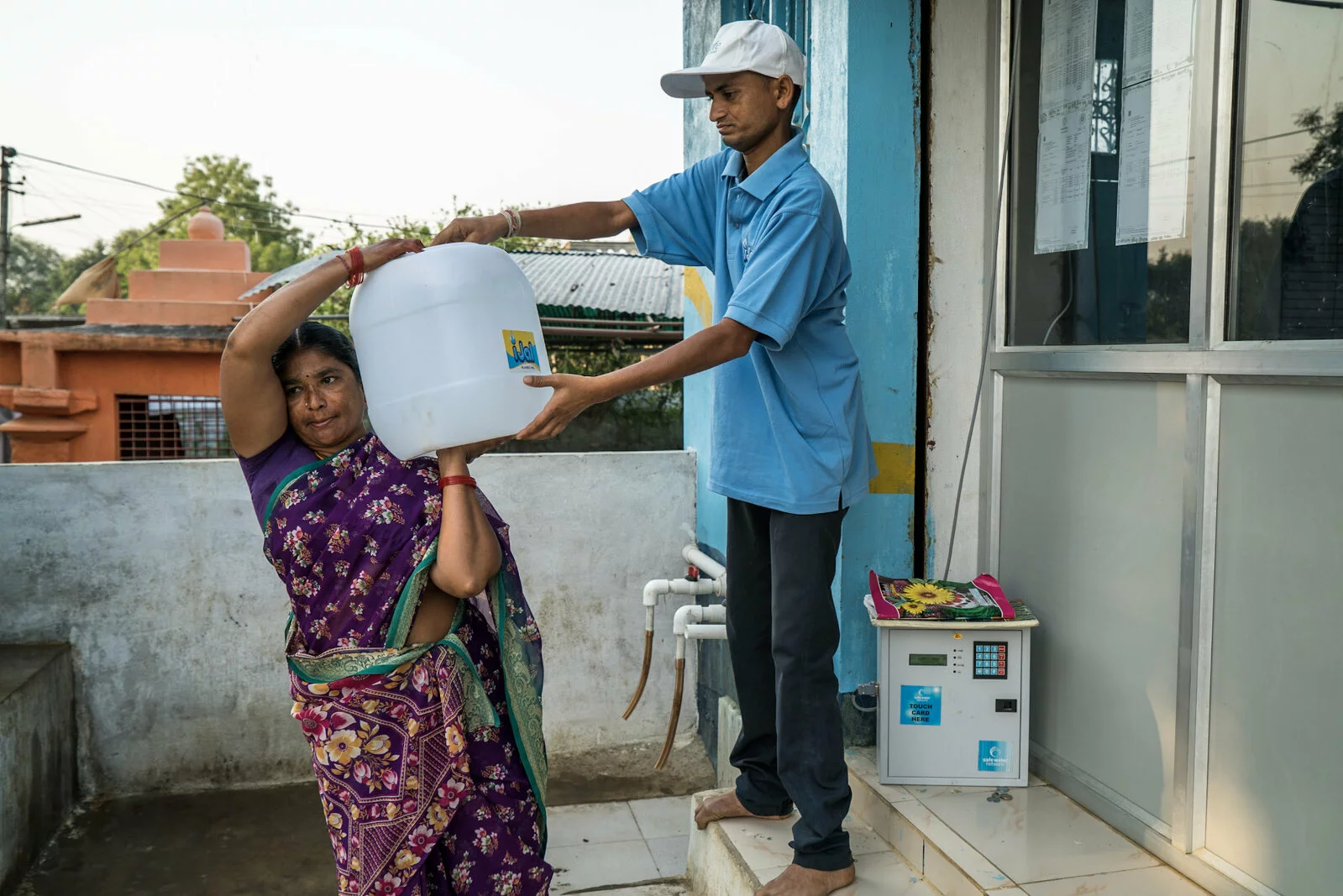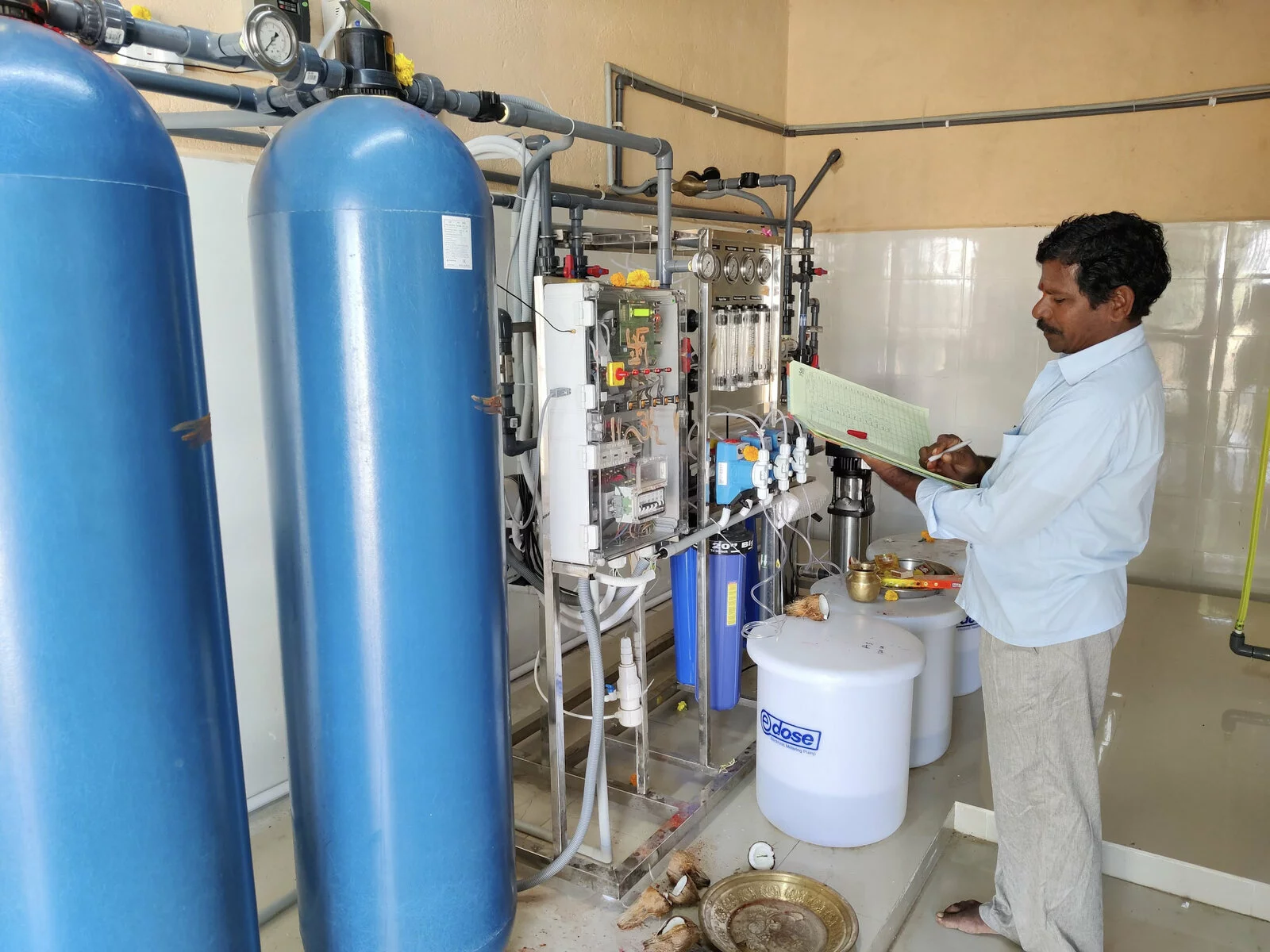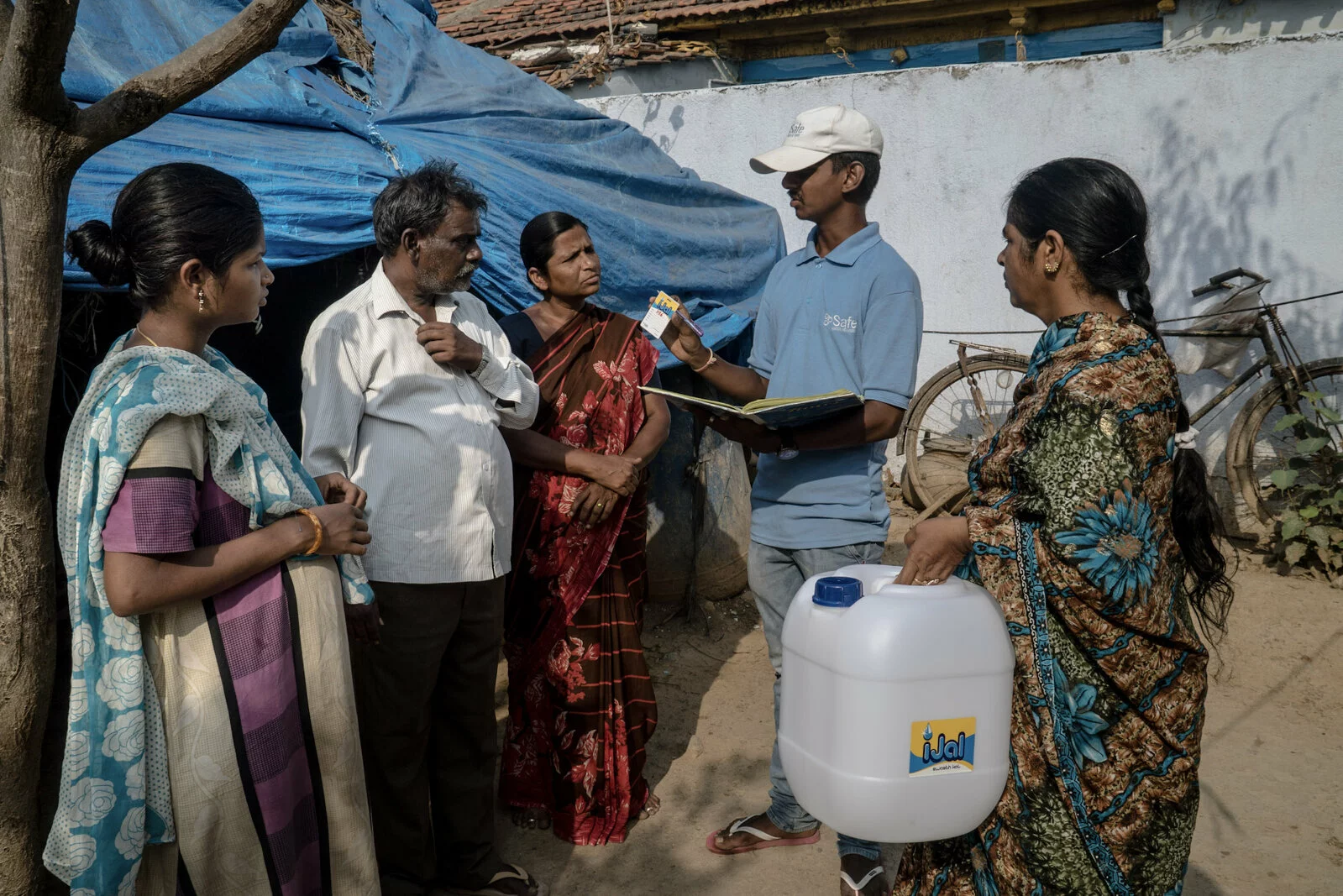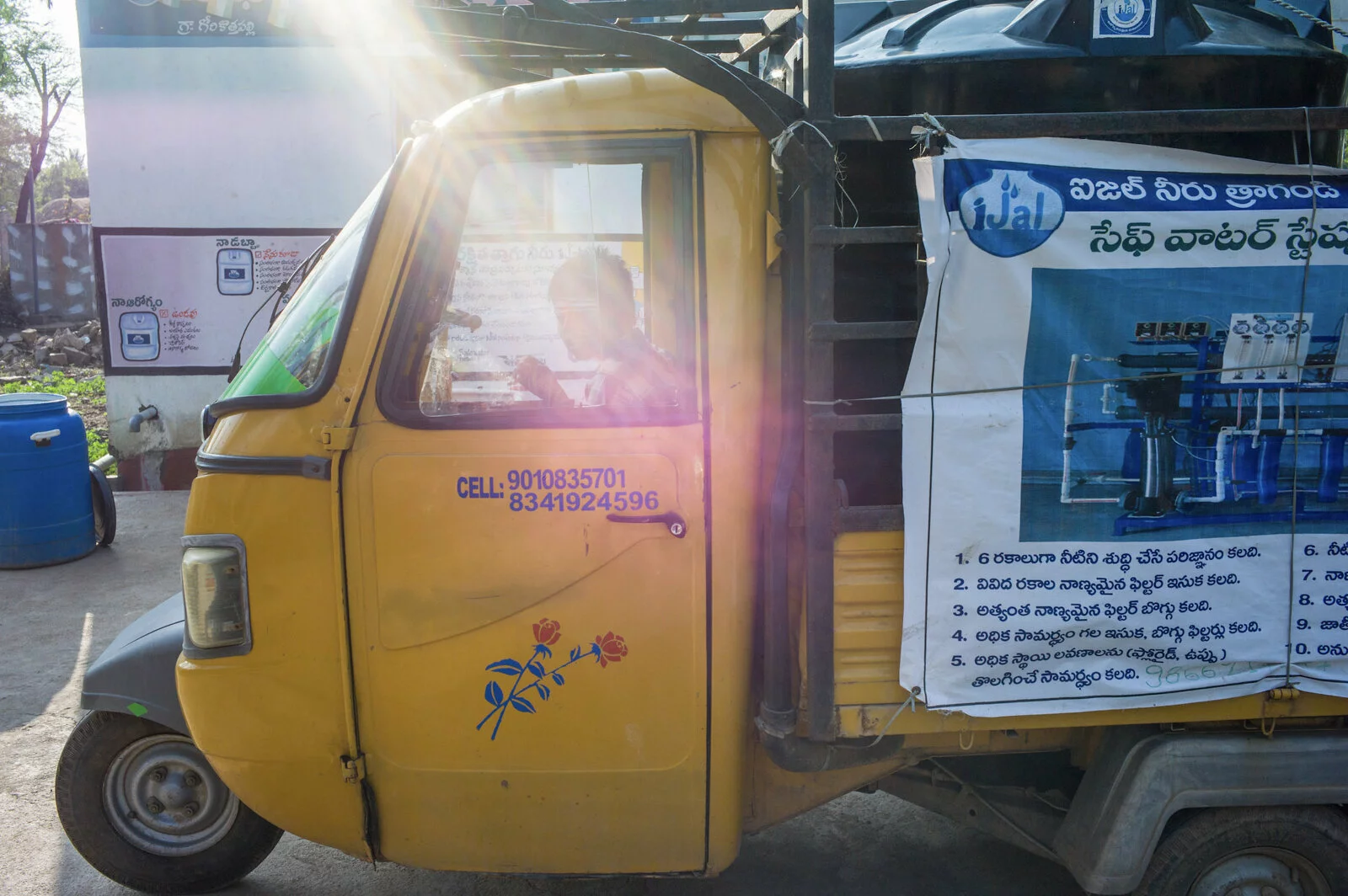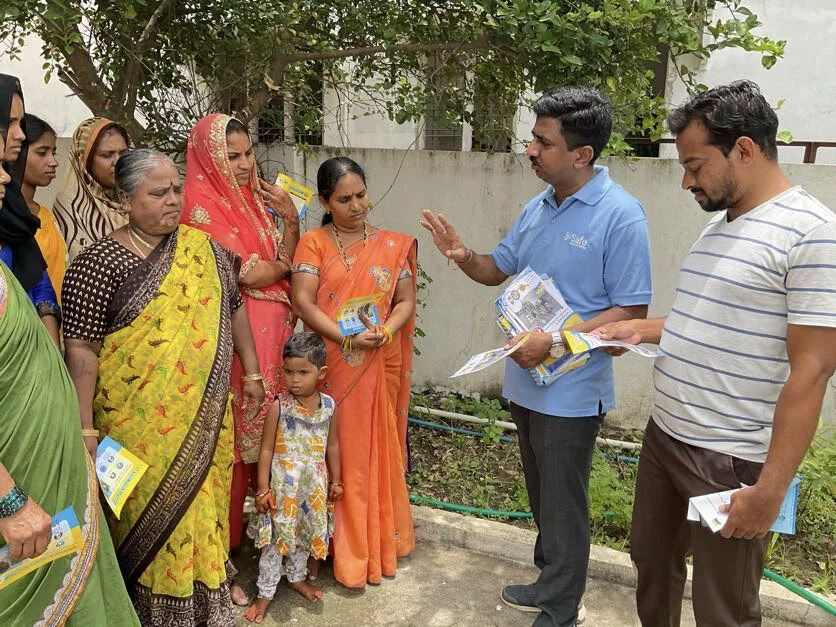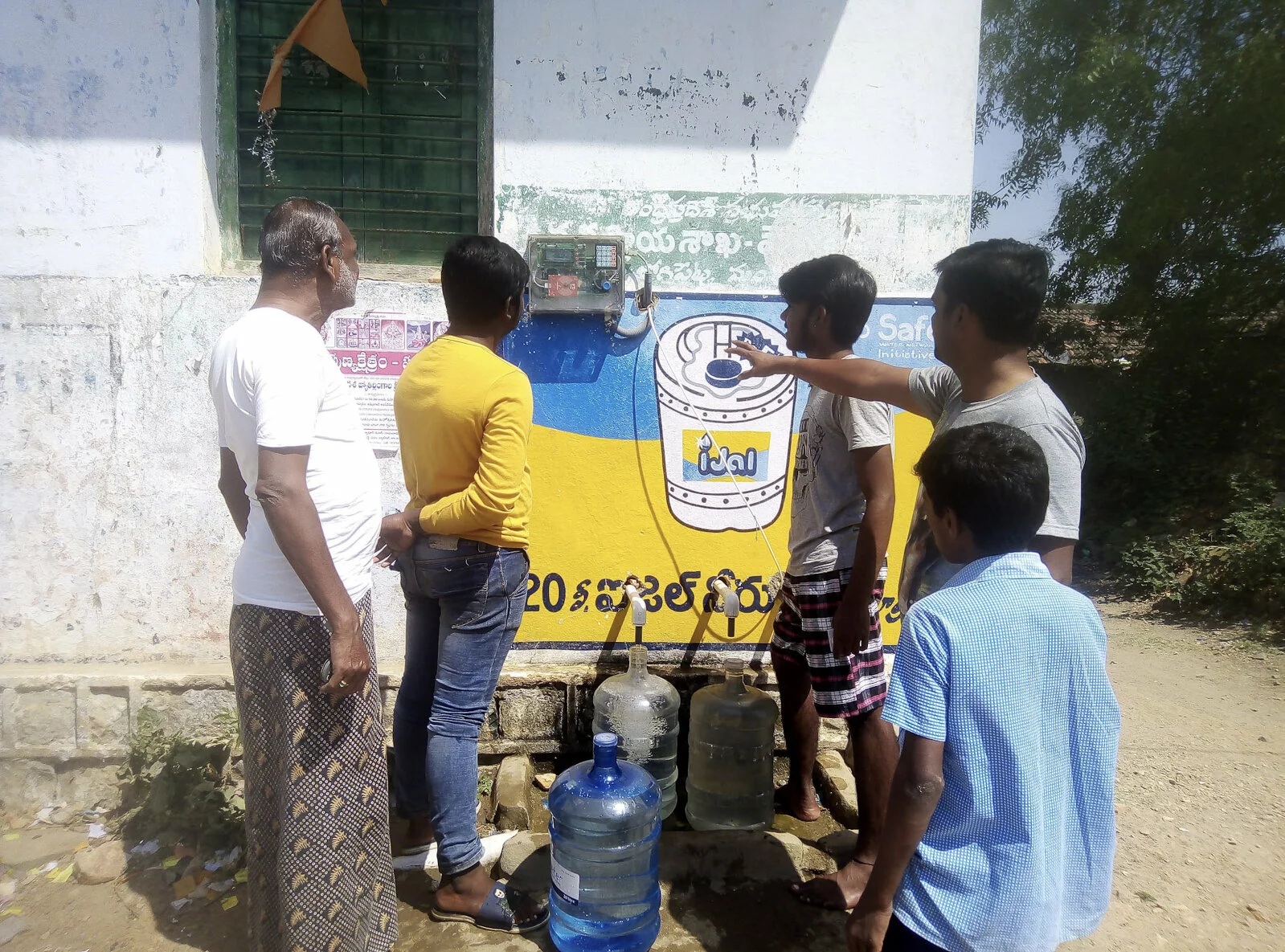Delhi City Report (2016)
By: Safe Water Network
New Delhi is a densely populated city made up of nearly 6,343 slums containing around 1 million households. Only half of those households have access to a safe water source. While the Delhi Jai Board (DJB) provides access to piped water, Urban Small Water Enterprises (USWEs) can further complement water access in poor urban communities. The objective of this assessment is to identify challenges and opportunities for USWEs in New Delhi to determine how they can best fill the gap to safe water access.
Policy and the Government’s Role in Enabling USWEs
In response to the challenges faced by USWEs, including access to land and promotion, the government can make policy decisions that better promote the recognition of USWEs as a viable source of clean water. This benefits both the public and private sectors in that public utility providers can take advantage of the knowledge and expertise of alternative providers, and USWEs can gain increased legitimacy and therefore improved security.
Supporting Documentation/resources/data/reports
